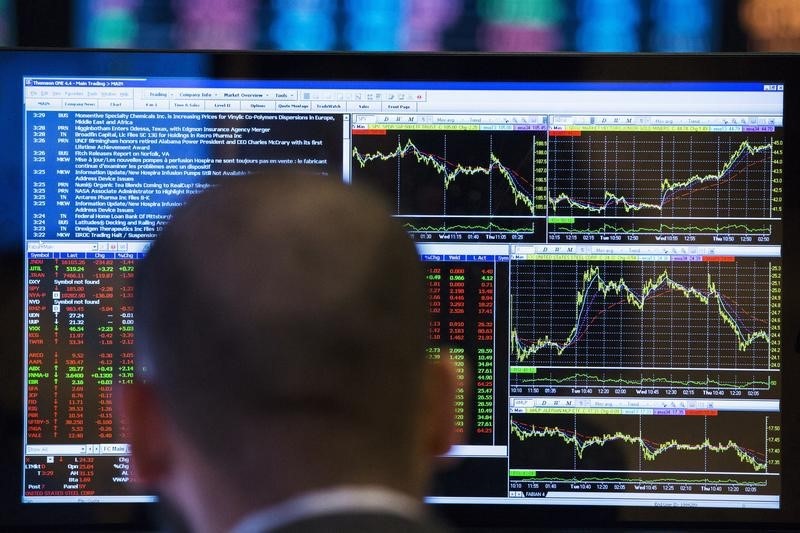January CPI Inflation Surprise Hardens Chances Of Another 25 Bps Hike, Economists Say
[ad_1]
Retail inflation in India breached the Reserve Bank of India’s tolerance band—between 2% to 6%—in January after staying below it for three months starting October.
Consumer Price Index inflation was at 6.52% in January 2023, compared to 5.72% in December, according to data released by the Ministry of Statistics and Programme Implementation on Monday. A Bloomberg poll of 35 economists had estimated CPI to come in at 6%.
Core inflation, on the other hand, stood at at 6.28% in January, compared to an Bloomberg estimate of 6.3%. The negative surprise on inflation was largely led by a rise in food prices.
Given that the CPI print is more than 50 basis points above the central bank’s tolerance range, it may very well lead to further tightening in monetary policy in April, according to economists. While observers had been speculating about a possible pause in rate hikes in April, the inflation data could also make it harder for the monetary policy committee to find comfort in their effort towards controlling inflation so far.
Here’s what economists made of January’s inflation print and its implications:
Deutsche Bank
January’s CPI print essentially neutralises improvement seen in the CPI trajectory post the positive surprise in Nov 2022, when CPI inflation unexpectedly cooled to 5.9% year-on-year.
QuantEco Research
Except for fuel items, it is hard to find comfort in January’s inflation numbers even at a sub-component level. Inflation in non-perishable food items also rose to a nine-year high of 9.5% in January 2023. Continued rise in prices of spices, milk, cereals, and eggs is a matter of concern.
Kotak Securities
January’s inflation print was led a rise in prices for cereals and eggs while vegetable prices contracted. Rural core inflation continues to outpace urban core inflation. Economists at Kotak also noted that there seems to be an anomaly in the data for cereals, which if revised, would bring down headline CPI to 6.29%.
Kotak estimates that the RBI will pause hiking rates in April.
Bank of Baroda
Inflation is no longer limited to vegetables, but 6 out of 12 broad group of food and beverage items reported inflation above 6%. Even in February, price pressure exists for majority of vegetables such as garlic, ginger, potato and tomato which constitute major share of the vegetable basket.
Expect CPI to average around 6.5% in FY23 and 5.7% in FY24
Emkay Global
Near-term pressures for headline inflation could arise from a sustained uptick in cereal prices. The risk of further rise in global commodity prices, uncertain foreign exchange markets, and sticky services inflation could keep the inflation trajectory elevated. Emkay is currently tracking February inflation at 6.3%.
The durable disinflationary trend looks to be elusive going ahead, with even global inflation not declining as smoothly as anticipated.
Acuite Ratings
What turned the tide for food inflation in Jan-23 was the continuing rise in cereal prices apart from the higher inflation in almost all animal protein categories namely meat and fish, egg and milk products. The uncertainty regarding food prices is set to cloud the outlook on inflation going forward.
[ad_2]
Source link


